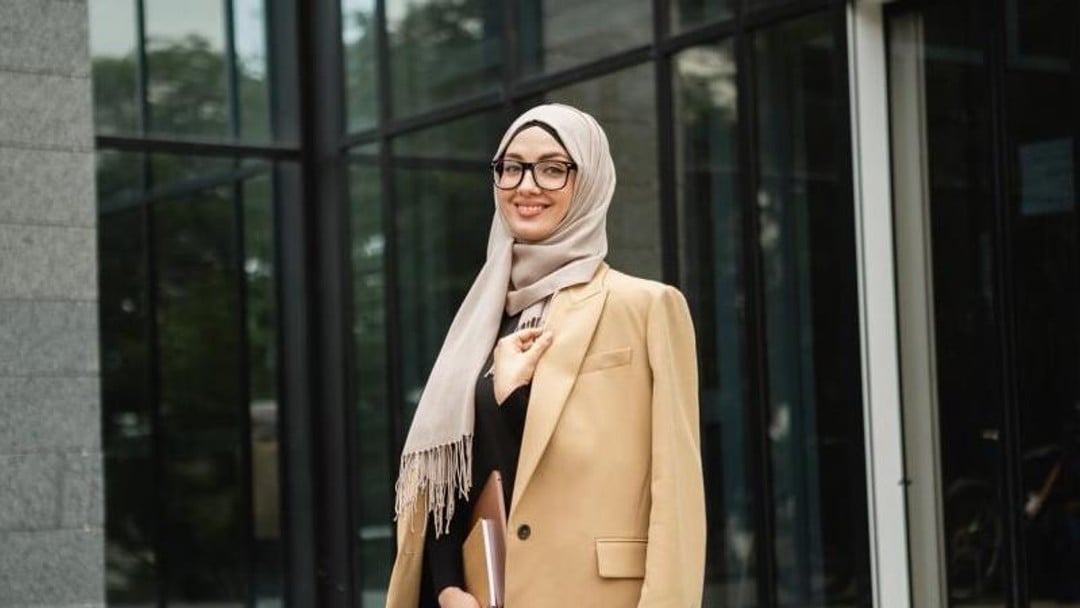Empowering minorities

Farhan Farani considers how the functions of law could become more representative
For the UK to come up to par at a global level and retain its position, it must mobilise, empower and engage with the potential still hidden in the form of ethnic minorities. Any opportunity to engage in diversity should be embraced with optimism. It is a task of the government to create an environment of trust where all feel their rights and beliefs are recognised and they can preserve their identity while participating in mainstream decision-making processes.
In the UK, human rights, such as the right to freedom of religion and belief, are protected by the Human Rights Act 1998. However, more efforts can be made to minimise the gap between UK’s domestic laws and its citizens’ religious laws, with the view of merging all different laws into one English legal system. One prime example isestate planning and wills drafting. There is a freedom of testamentary disposition in the UK which effectively means one has a freedom to leave their legacy to anyone in a will. This freedom gave birth to the concept of Islamic wills in the UK. Now Muslim minorities can pass on their inheritance under Islamic rules.
Contrasting with this are other areas where rules can be more inclusive – yet there is little progress, including marriage, divorce and dispute resolution. There has been a considerable amount of controversy surrounding Sharia law in the UK. The Archbishop of Canterbury. Dr Rowan Williams, in an interview in 2008 promoted the idea of allowing Muslims to rely on Islamic or Sharia laws for dispute resolution. He had his own share of criticism – but such measures could create an enabling environment and a widespread social cohesion.
Unified wedding process
This article would propose that all marriages should go through the civil registration process at the local registry. This would ensure that all marriages, regardless of religion, are considered legally valid. This would require amendments to the Marriage Act 1949 and the Matrimonial Causes Act 1973, ensuring that civil marriages are conducted before, or at the same time as, the religious ceremony. A change like this could help support a huge number of people and provide particular legal protection to the most vulnerable. On this topic, the Law Commission’s long-awaited report is due to be published, after a consultation to reform the law surrounding weddings.
Alternative Dispute Resolution
A peaceful co-existence of religious based ADR and common law-based ADR is not impossible. In case of any disputes between the parties, there could be one integrated forum, where all the potential disputes could be resolved according to both English law and their own beliefs and rituals. The author is only aware of one Muslim tribunal, the Muslim Arbitration Tribunal, which makes use of the Arbitration Act 1996. This is a good example how a parallel conflict resolution system can exist which has potential to be used more widely.
Easing divorce processes
Irrespective of any religion, divorce can be a sensitive issue. Divorce is not usually encouraged in any religion, and it is considered a last resort. To avoid stress or suffering as a result of an unhappy marriage, the parties to marriage should be given a choice to divorce in accordance with their own religious belief and settle their disputes accordingly.
Conclusion
In conclusion, the proposals suggested in this article show how it would be possible to create a new framework, without disturbing the existing legal structure, by recognising and incorporating values of ethnic minorities – which would, as a result, create a good will and trust for a more cohesive and engaged community and society. There is no better time than now to combat exclusion of ethnic groups and to engage everyone for the progress and socio-economic development of society.
Farhan Farani is managing director of London law firm Farani Taylor: faranitaylor.com
